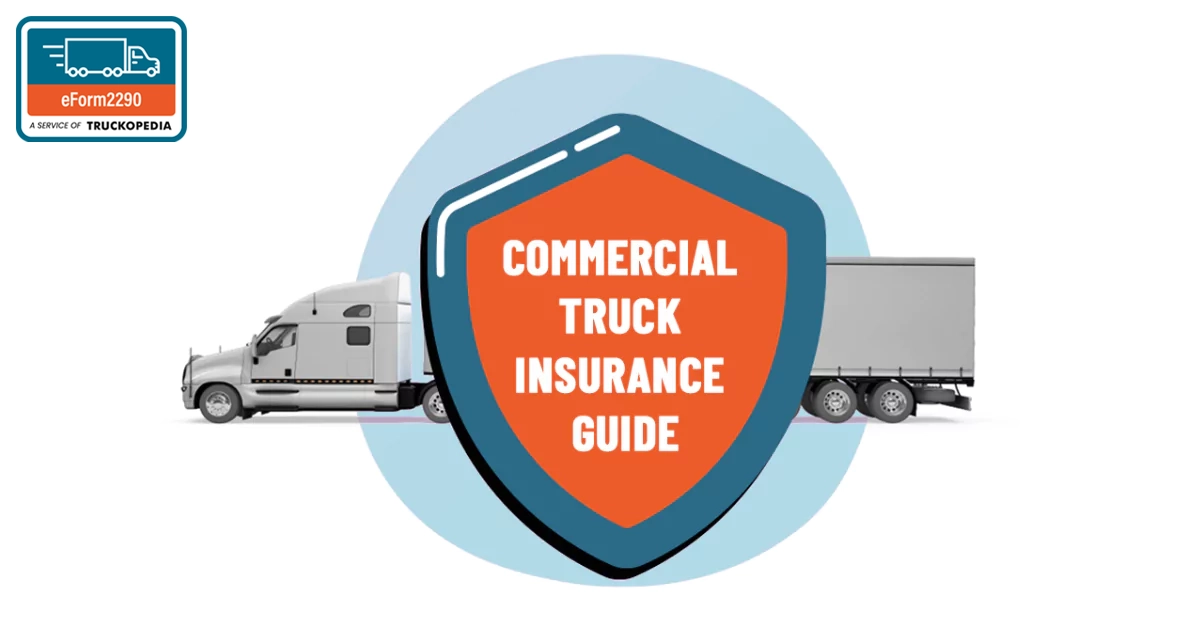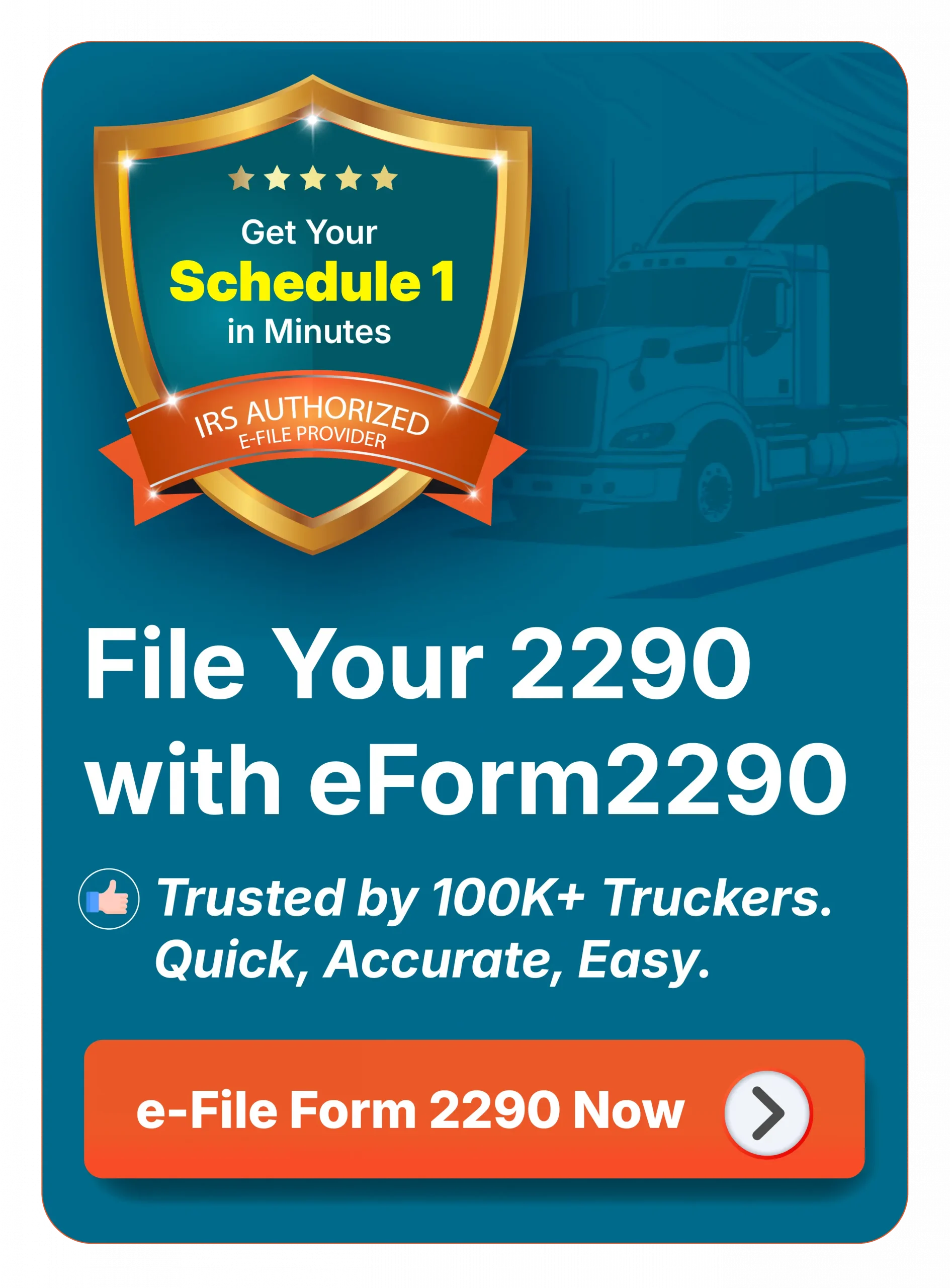Commercial truck insurance is important for business owners and owner-operators offering trucking services. Having insurance coverage helps you manage unexpected costs and ensures that your customer’s business runs smoothly without interruptions.
In this blog, we will cover commercial truck insurances: what it is, how it works, and why it is important to have one. Let’s start.
What is commercial truck insurance?
Commercial truck insurance is a form of motor insurance policy that protects trucking businesses, owner-operators, and independent truck drivers in the event of a road mishap or vehicle damage. Your insurance coverage is defined based on the types of cargo you transport, the size of your vehicle and the type of vehicle.
Why is it important to get your truck insured?
- Financial Protection: When your trucks are on the road for thousands of miles, you could get into an accident, face vandalism or any other unfortunate events. Having your trucks insured means you don’t have to worry about paying for unexpected damages.
- Accidents:Apart from damage to your truck, sometimes other parties involved in an accident may also suffer damages. Being insured saves you from emptying your bank to cover their costs.
- Other damages:Rarely your vehicle may suffer damage due to external factors such as fire or changing weather conditions. When you are insured, you can carry out repairs and get your truck in good shape without having to pay for it.
What details are required to obtain truck insurance?
- CDL if you are hauling over 26,000 pounds. Also, you will want to keep in mind that if you have had your CDL for less than two years, you will end up paying substantially more as you are seen as more of a risk.
- You will also need to have an active authority, meaning your MC and DOT numbers depending on what applies to your business to obtain commercial insurance.
- Additionally, you should provide the specification of the vehicle that you want to add to the policy.
How to choose the right insurance policy?
You must choose your insurance policy based on the below factors:
- Coverage
You need to identify the type of damages, incidents, and expenses that your insurance will cover. - Monthly premium
Calculate the amount of money that you will be able to pay every month to retain the policy. - Deductible
The amount of money you must pay toward your claim before the coverage kicks in - Policy limit
The maximum amount of money that you need to pay toward claims filed on the policy.
What are some of the insurance coverage options available for trucks?
There are many types of insurance policies that you can choose from depending on your specific needs. Below are some of the common ones:
- Business Owner’s Policy (BOP)::
A tailored set of policies designed to your company’s needs. It typically includes commercial general liability insurance, property insurance, and other policies that are specific to your industry. - General Liability Insurance::
Also called public liability insurance, this covers third-party bodily injuries and property damage that result from business activities that aren’t related to truck driving. Freight forwarders, Motor carriers, owner-operators should be carrying General liability insurance as stated by FMSCA. Motor Vehicles such as Garbage trucks, cement, limos, ice cream trucks, passenger vans, and buses are not eligible under this insurance. - Physical Damage Insurance::
This policy covers the cost of damage done to your own truck (in an accident). Apart from damage, theft, vandalism, fire, and collisions also are covered under this insurance. - Trailer Interchange Insurance::
Trailer interchange insurance covers physical damage to your truck in case you don’t own the trailer. - Motor Truck Cargo Insurance::
Motor Truck Cargo Insurance helps protect your goods or cargo in case of damage caused by unfortunate events such as weather conditions or traffic jams. This insurance also covers freight charges. Debris removal, and separate limits.
Commercial Truck Fleet Insurance: This insurance is best if you are a fleet owner. Fleet insurance covers your whole fleet and saves you the time and effort of insuring each unit individually.
Details required for insurance application
Some insurance companies give you a quote without much info. Below are the proofs and certificates you need to provide while applying for insurance:
1.‘Dec’ page:
You need to present your current insurance policy declaration page. Don’t have one? Use a current personal auto one while you ask the insurer to get the dec page from your old insurer directly.
2.License and driving history:
License numbers and speeding tickets can determine the quote a company gives.
3.VIN
A Vehicle Identification number. No VIN? Present whatever details you have of the vehicle.
Some insurance companies give you a quote without much info. Below are the proofs and certificates you need to provide while applying for insurance:
Some insurance companies give you a quote without much info. Below are the proofs and certificates you need to provide while applying for insurance:
Final Thoughts
Protect your trucks and your trucking business with insurance that fits you best. When it comes to the right insurance policy, there are endless possibilities to choose from. Once you understand what type of insurance you need, it will make it much easier to decide and choose the right policy for you.




